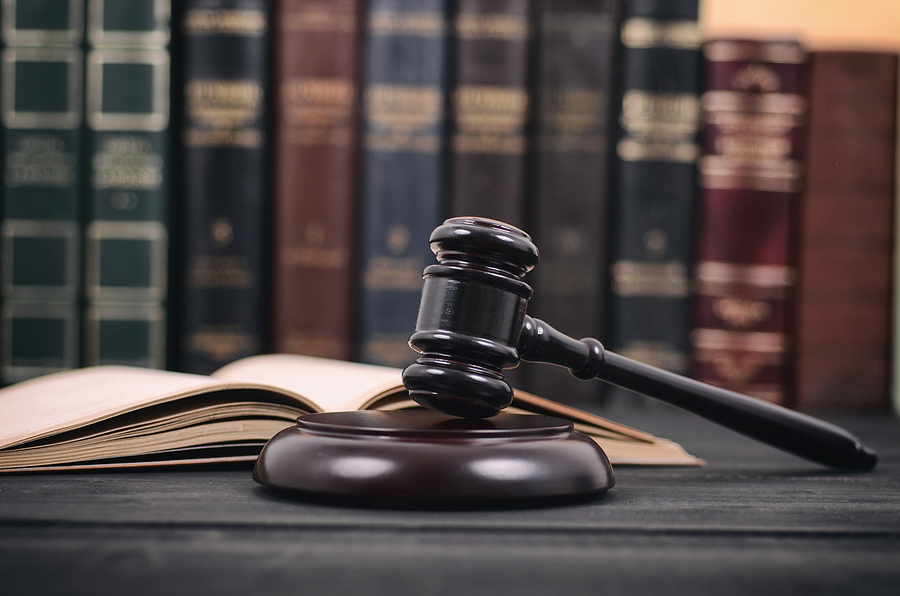When Should You Go To Trial?
 Michael Babboni
Law
Accidents happen in Florida, as they do everywhere in the United States. But there are some accidents where no one is at fault, and it's just bad luck, and there are accidents that were easily avoided had someone been following their basic and legally required responsibilities.
Michael Babboni
Law
Accidents happen in Florida, as they do everywhere in the United States. But there are some accidents where no one is at fault, and it's just bad luck, and there are accidents that were easily avoided had someone been following their basic and legally required responsibilities.When that type of negligence results in an injury—or even death—legal and financial responsibility should fall on the negligent parties. That's usually where a trial and a lawsuit come in, but when is it the right decision to go as far as a litigation trial? Here are the situations that may call for it.
The Amount Is Too Low
In some instances, someone at fault for an injury will take responsibility for it. Still, when it comes time to decide on a settlement, the amount being offered isn't sufficient. For example, if a car accident was severe enough that you suffered paralysis and are unable to maintain your current job, then just getting enough money for medical treatment won't be sufficient.
If the final amount the other party is offering won't cover the costs you require, then a court trial is the only option. At that point, a win in court means the other party is now legally required to pay the amount you've specified, facing further legal sanctions if they don't.
You Want To Effect Change
For most people, making a mistake means learning from that mistake and trying not to make it again. However, for others, especially those with money, making a mistake means paying money to keep things quiet and keep spending money every time the error happens so as not to have to fix it.
Some wealthy organizations or individuals may wrong you. You'll find that not only were not the first victim of such negligence, once they've "paid for your silence" with an out of court settlement, but you also won't be the last. If you want to drag out wrongdoing into the light and force the people who have made a mistake to change it, a public trial is a way to do that. Out of court settlements are fast, quiet, and perhaps more critical of all, protect the people involved's privacy and anonymity. If you don't want someone to get away with negligence, and you want to ensure the public knows what they've done, a trial is a way to make that act a matter of public record.
The final and most obvious reason to go to trial is that even if you know that another person or group has wronged you and that the other party is aware of it, they refuse to accept what they've done.
When the other party claims no wrongdoing has occurred. There's no need to acknowledge the incident in any way or accept and address your victimhood; a trial in court is the only way you will get the compensation you deserve.
An out of court settlement requires agreement from both parties to form and follow a legally binding contract. A trial, however, has a legal verdict. If that ruling is in your favor, now there are legal ramifications for ignoring a court order to give you the compensation you're due.
Of course, this also means you now have a fight on your hands. Going to trial means submitting evidence and convincing a jury that your cause is right and your arguments are sound. The defendant in a trial will be arguing that your argument is wrong, and you don't deserve the compensation you're asking for.
If you're serious about fighting this battle, be prepared. Don't' do it alone; find and work with an experienced personal injury attorney to guide you through this process.
